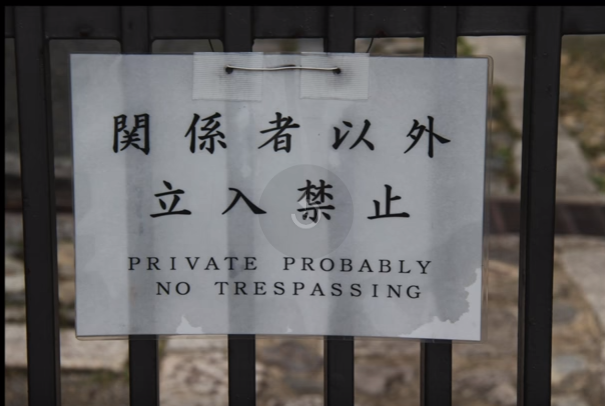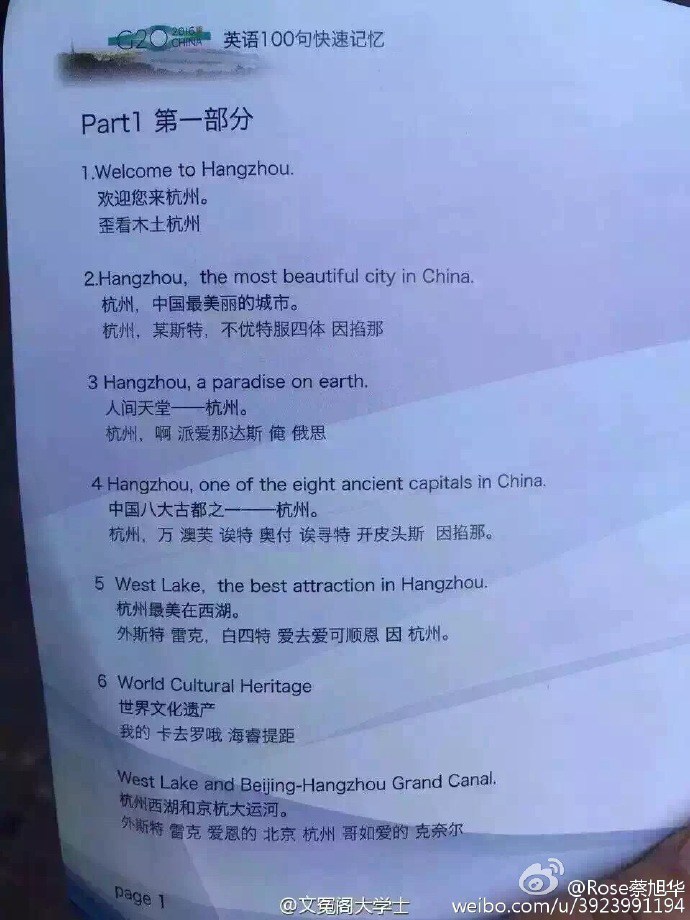Sino-Japanese
I recall that, as a graduate student in Sinology, one of the most troublesome tasks was figuring out how to romanize the names of Japanese authors, the titles of their works, place names, technical terms, and so forth. Overall, Japanese Sinological (not to mention Indological and other fields) scholarship is outstanding, so we have to consult it, and when we cite Japanese works, we need to be able to romanize names, titles, and so forth to reflect their Japanese pronunciations.
Read the rest of this entry »


